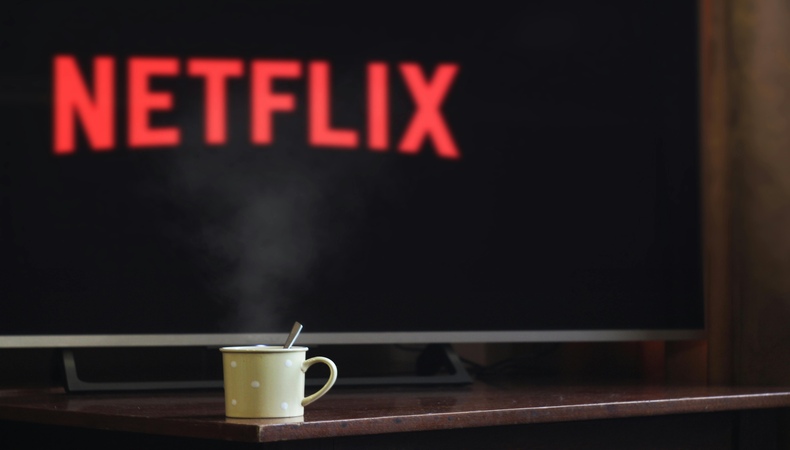Netflix’s One Piece Faces Backlash Over Alleged “Arab Erasure”

Critics of Netflix’s live-action One Piece adaptation have alleged the show to be “Arab erasure,” hence generating debate on the casting choices. The focus of the response is the choice to show Arata Mackenyu as Zoro, a character whose manga equivalent is usually shown with plainly Eastern Asian traits.
The Selected Cast
Both fans and detractors of Japanese actor Arata Mackenyu with mixed Japanese-American background have started discussing Zoro. Typically with Eastern Asian traits, the character Zoro—who distinguishes out for his swordsmanship in the well-known manga and anime series—exudes Although Mackenyu’s casting has some fans questioning whether Netflix lost a chance to highlight Arab artists in major parts given the worldwide narrative of the show, it is not obviously contentious.
Arguments Made Argument by Critics
Critics contend that Mackenyu’s selection of Zoro reflects a more general underrepresentation by neglecting the possibility to include Arab musicians. They contend that the change may have provided Arab talent more exposure and a stage for stressing Arab personalities given the program’s different environment. Long battled with inclusion problems, questions about such exclusions feeding stereotypes and helping to eliminate Arab representation in mainstream media drive this argument.
Reactions and defenses
Those who support the casting choice, however, defend the artistic liberty the creators of the show have used. They underline that although casting decisions are frequently chosen depending on acting talent, chemistry, and interpretation of the character among many factors, the main aim of the adaptation is to be authentic to the essence of the original work. While representation is important, supporters contend that the whole inclusiveness and the way the narrative is crafted should receive equally much thought. Like many others, they believe the adaption employs artistic license that might not always exactly match original depictions but rather helps to increase more awareness of difference.
Online Argument and Public Opinion
Strong arguments on both sides have pushed the matter into a hot social media and entertainment venue controversy. Some viewers believe that the criticism of casting decisions points to a more basic problem in the business in relation to the portrayal of underprivileged communities. Others contend that the emphasis on personal casting choices veers the larger debate on media diversity and inclusion. This divide emphasizes the difficulty of controlling representation in a multinational entertainment scene.
Relcerning Netflix’s Reaction
Netflix and the One Piece writers have to answer questions and comments made by viewers as the show runs on. The streaming site has not yet responded formally on the particular problems with Arab representation. The way Netflix tackles this topic could establish a standard for next adaptations and casting choices, therefore impacting the current discussion on media representation.
Suggestions for the Sector
The argument about Netflix’s One Piece highlights the broader general difficulties the entertainment sector has in getting varied and real portrayal. This episode emphasizes the significance of giving casting choices great thought, especially for worldwide adaption of very popular shows. The company has to strike a balance between artistic freedom and the need to present inclusive and respectful representations of different countries and civilizations.
Future opportunities
This case should remind upcoming generations of the need of inclusive media representation. It underlines the need of corporate players deliberately communicating and making wise decisions that represent the spectrum of global viewers. The way this problem is addressed could affect casting methods and help to shape upcoming debates on representation, therefore promoting a more inclusive media environment. The business will have to change and grow to satisfy the demands for more diversity and authenticity in storyline as people keep engaging with these conversations.




